E. Timor leader "in induced coma"
East Timor President Jose Ramos-Horta is in a critical condition after being shot by rebel soldiers.
Monday, 11.02.2008.
10:13

East Timor President Jose Ramos-Horta is in a critical condition after being shot by rebel soldiers. Ramos-Horta was shot in a pre-dawn attack on his Dili home, and later airlifted to Australia for treatment, where he has been put into "an induced coma". E. Timor leader "in induced coma" Rebel leader Alfredo Reinado died in the attack. PM Xanana Gusmao, who was also attacked but not hurt, said it was an attempted coup and called for calm. Australian PM Kevin Rudd pledged to send more peacekeepers to East Timor. He said the "attempt to assassinate the democratically elected leadership of a close friend and neighbor of Australia's is a deeply disturbing development". "It's obviously a destabilizing time, with rogue elements at play. Therefore an appropriate show of force is necessary." Extra troops from New Zealand have also been put on standby, the country's defence minister said. "Under control" The attack on Ramos-Horta happened at about 0700 on Monday (2200 GMT Sunday). Two cars drove past the president's house on the outskirts of the capital, Dili, shooting him on the road outside. One soldier was also reported to be seriously wounded. Ramos-Horta was taken to a hospital run by the Australian military in Dili, where he was stabilized. He was later evacuated to Darwin for further treatment. "He is in a critical condition on full life support, with a ventilator for breathing, and under an induced coma," said Ian Badham, a spokesman for medical evacuation service Careflight International. "Failed coup" Shots were also fired at Prime Minister Gusmao's car, shortly after the attack on Mr Ramos-Horta, but he was not hurt. Gusmao told a press briefing that the situation was under control. "I consider this incident a coup attempt against the state by Reinado and it failed," he said. "This government will guarantee security and development will continue." Dili is reported to be quiet and heavily patrolled by local and international security forces. But the BBC says officials are concerned that there could be fighting between rival groups. Unrest fear An Australian-led UN force has been in charge of security in the capital since mid-2006. Peacekeepers were invited into the country to quell violent clashes between police and the military, triggered by then Prime Minister Mari Alkatiri's decision to sack a third of the armed forces. At least 37 people were killed in several weeks of fighting and more than 150,000 were forced to flee their homes. Reinado, a former naval commander, was accused of being involved in several shooting incidents during the violence and charged with murder. But he escaped from jail and, with a group of followers, holed himself up in the mountains, refusing government pleas to surrender. His continued stand-off with the government had led to fears of renewed violence in what is one of the world's newest and poorest nations. Ramos-Horta is a political veteran. He spent 24 years in exile after Indonesian troops invaded East Timor in 1975, leading the country's bid for independence from overseas and winning the Nobel Peace Prize for his efforts. He served in the more powerful role of prime minister in the wake of the 2006 violence, before elections last year which saw him switch roles with then President Xanana Gusmao. East Timor gained independence in 2002.
E. Timor leader "in induced coma"
Rebel leader Alfredo Reinado died in the attack. PM Xanana Gusmao, who was also attacked but not hurt, said it was an attempted coup and called for calm.Australian PM Kevin Rudd pledged to send more peacekeepers to East Timor.
He said the "attempt to assassinate the democratically elected leadership of a close friend and neighbor of Australia's is a deeply disturbing development".
"It's obviously a destabilizing time, with rogue elements at play. Therefore an appropriate show of force is necessary."
Extra troops from New Zealand have also been put on standby, the country's defence minister said.
"Under control"
The attack on Ramos-Horta happened at about 0700 on Monday (2200 GMT Sunday).Two cars drove past the president's house on the outskirts of the capital, Dili, shooting him on the road outside.
One soldier was also reported to be seriously wounded.
Ramos-Horta was taken to a hospital run by the Australian military in Dili, where he was stabilized.
He was later evacuated to Darwin for further treatment.
"He is in a critical condition on full life support, with a ventilator for breathing, and under an induced coma," said Ian Badham, a spokesman for medical evacuation service Careflight International.
"Failed coup"
Shots were also fired at Prime Minister Gusmao's car, shortly after the attack on Mr Ramos-Horta, but he was not hurt.Gusmao told a press briefing that the situation was under control.
"I consider this incident a coup attempt against the state by Reinado and it failed," he said.
"This government will guarantee security and development will continue."
Dili is reported to be quiet and heavily patrolled by local and international security forces.
But the BBC says officials are concerned that there could be fighting between rival groups.
Unrest fear
An Australian-led UN force has been in charge of security in the capital since mid-2006.Peacekeepers were invited into the country to quell violent clashes between police and the military, triggered by then Prime Minister Mari Alkatiri's decision to sack a third of the armed forces.
At least 37 people were killed in several weeks of fighting and more than 150,000 were forced to flee their homes.
Reinado, a former naval commander, was accused of being involved in several shooting incidents during the violence and charged with murder.
But he escaped from jail and, with a group of followers, holed himself up in the mountains, refusing government pleas to surrender.
His continued stand-off with the government had led to fears of renewed violence in what is one of the world's newest and poorest nations.
Ramos-Horta is a political veteran.
He spent 24 years in exile after Indonesian troops invaded East Timor in 1975, leading the country's bid for independence from overseas and winning the Nobel Peace Prize for his efforts.
He served in the more powerful role of prime minister in the wake of the 2006 violence, before elections last year which saw him switch roles with then President Xanana Gusmao.
East Timor gained independence in 2002.




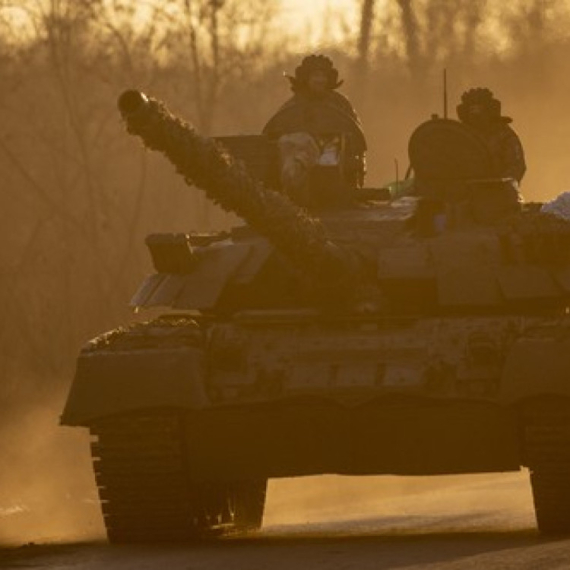





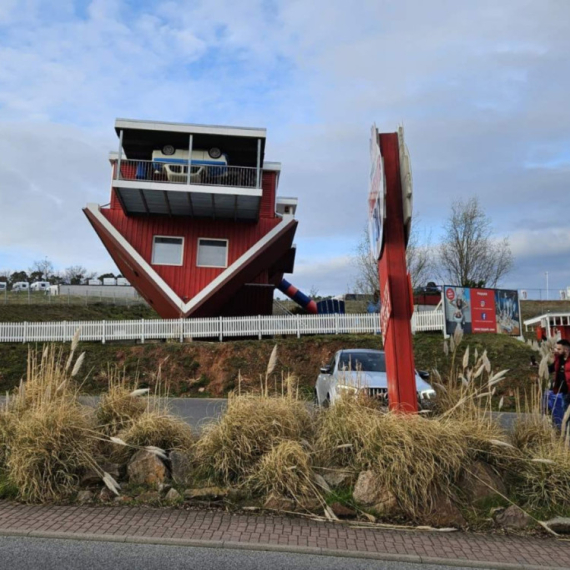
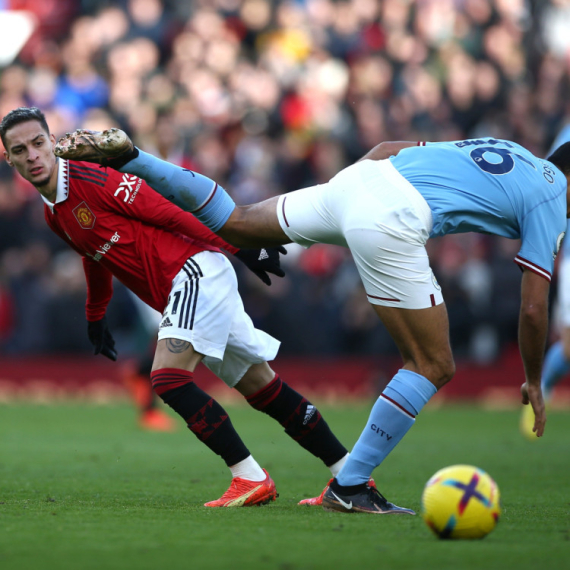

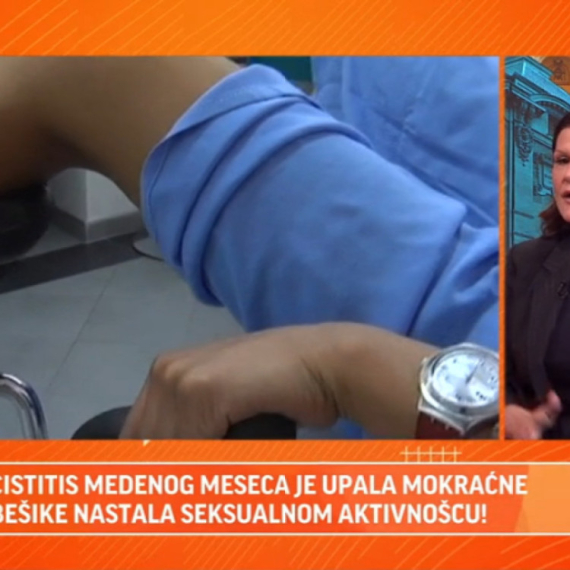
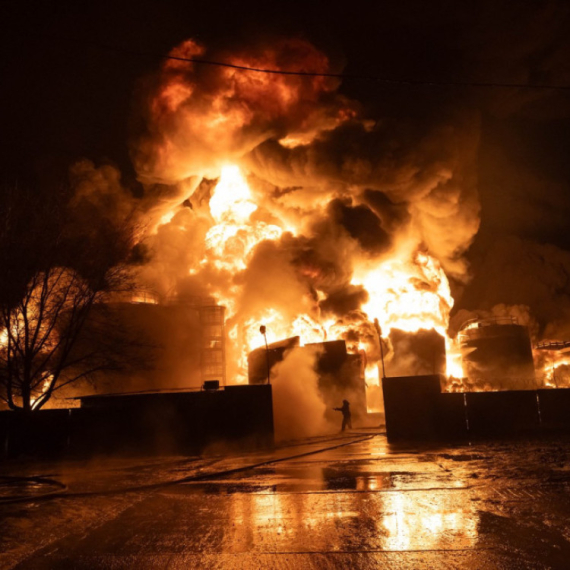
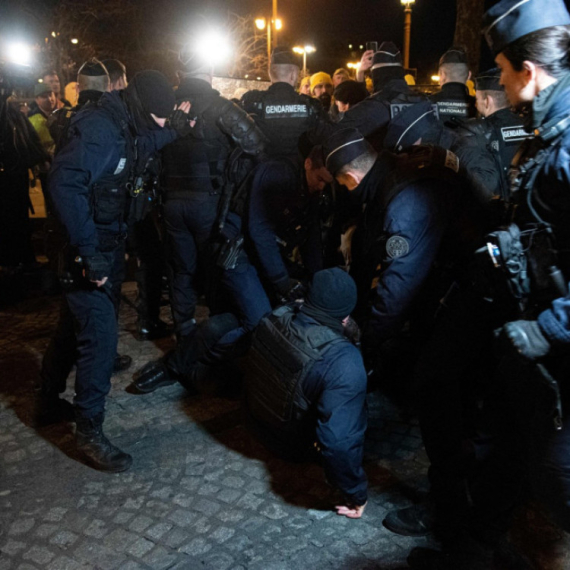
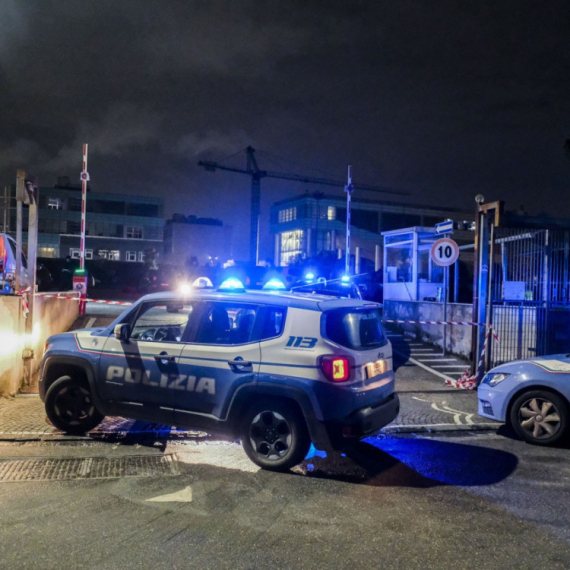
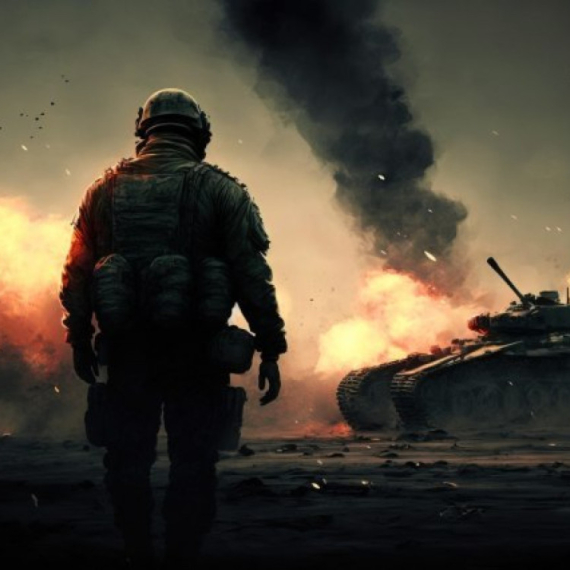
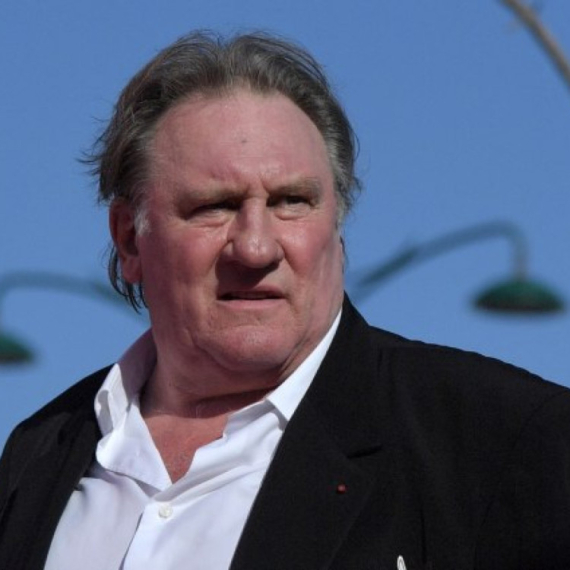
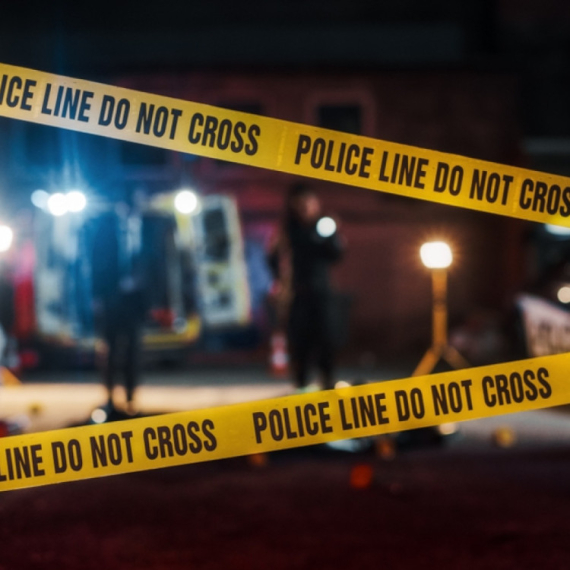
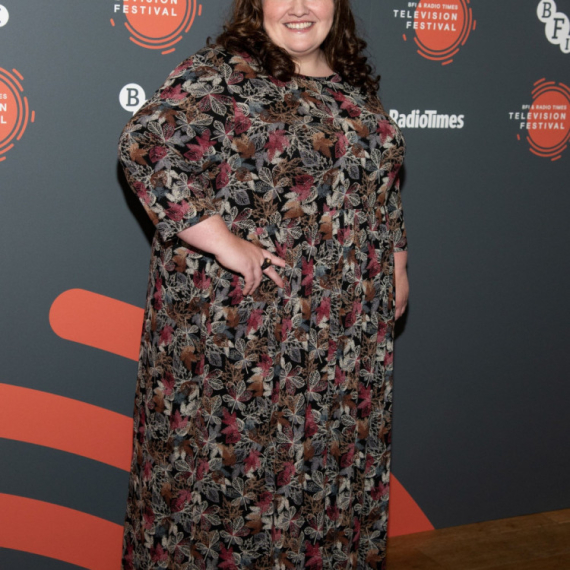

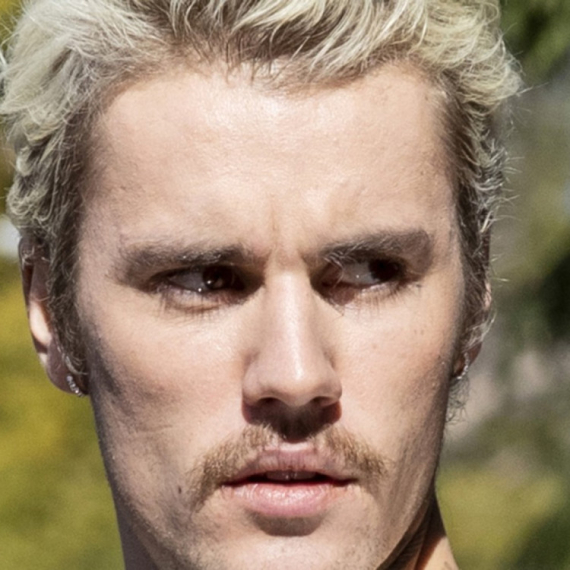














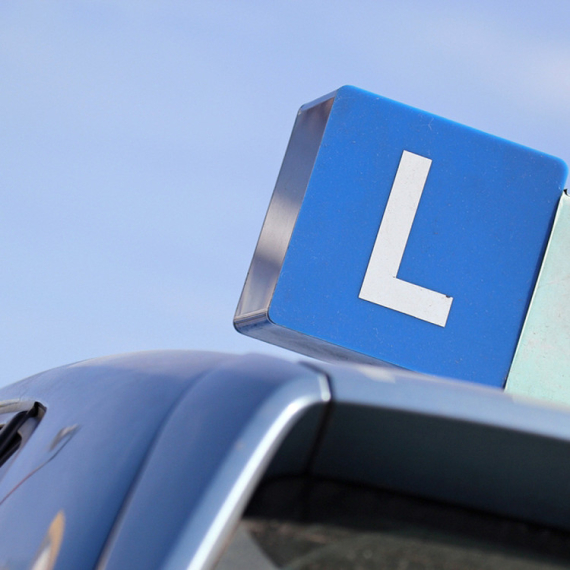
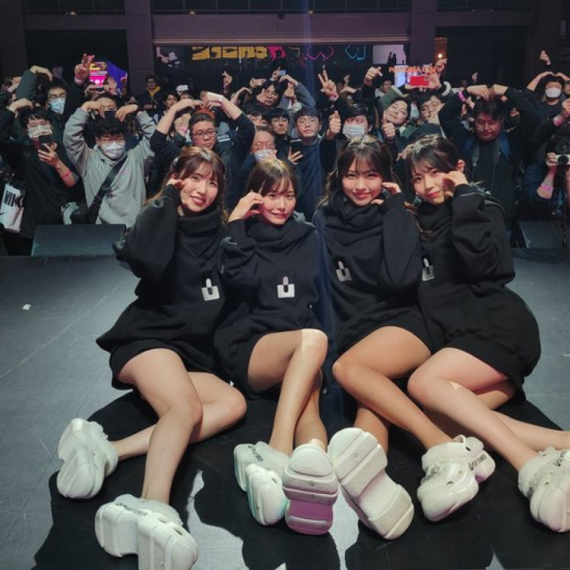





Komentari 3
Pogledaj komentare